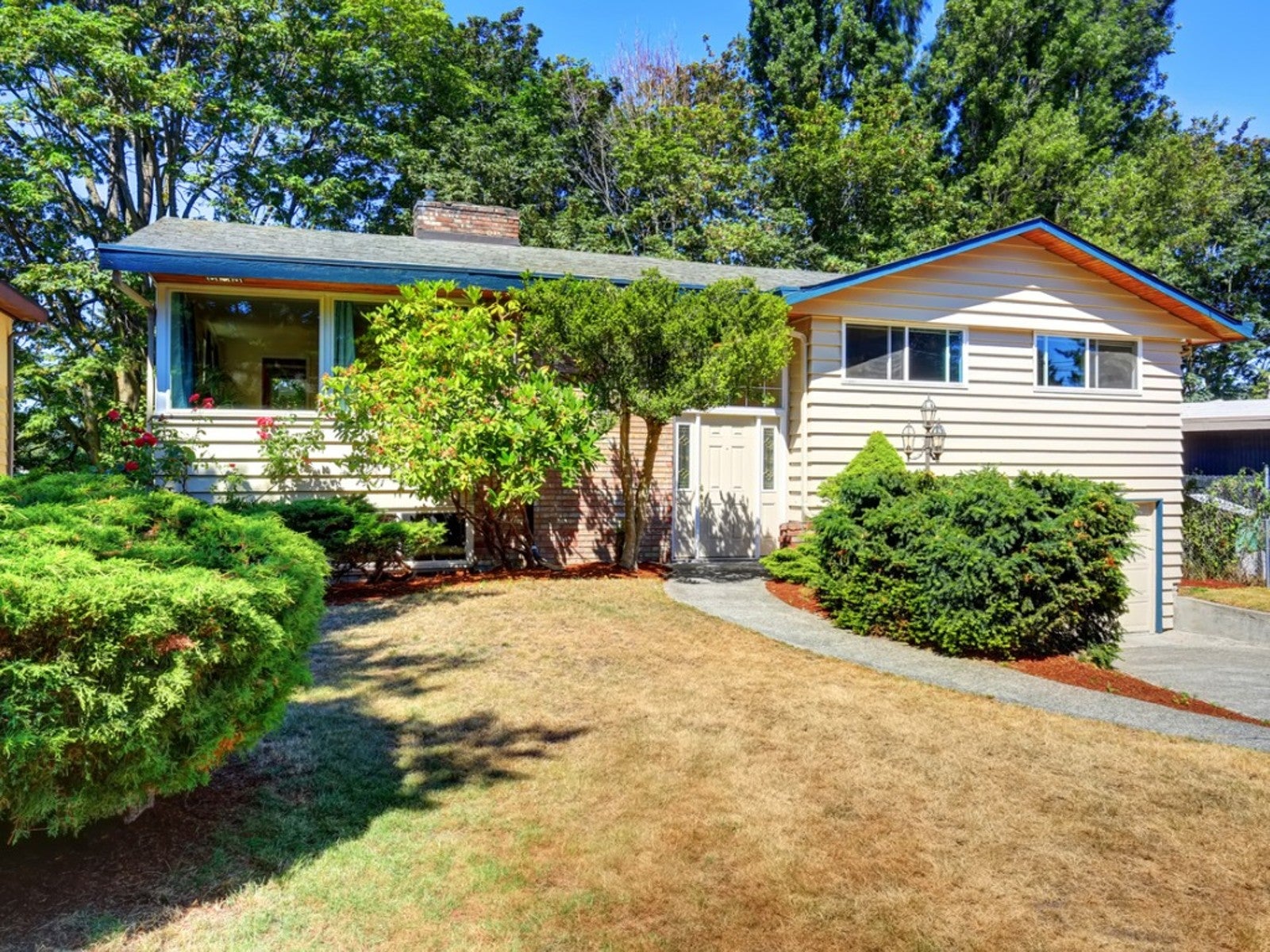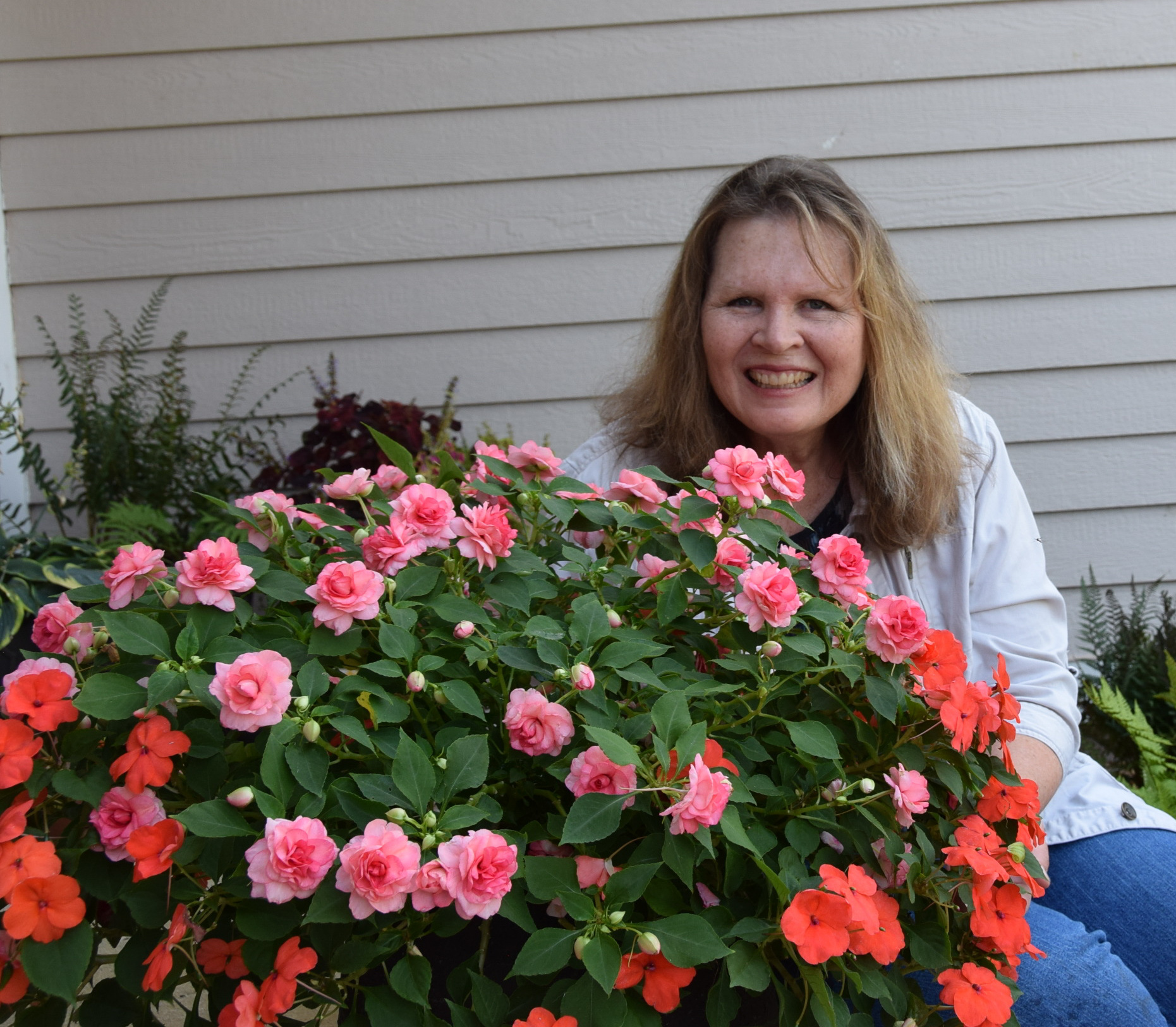Does Landscaping Increase Home Value?


Anyone who has bought or sold a home is familiar with the term "curb appeal." Your agents may have bandied about the phrase and probably suggested you trim the foundation shrubs (or add some), plant colorful flowers, and rake the leaves all in the name of curb appeal. And they were right. Attractive landscaping has the wow factor that draws people inside. We all want our landscaping to add value to our home as well as beautify the grounds.
Does Landscaping Increase Home Value?
Does landscaping increase home value? You bet it does. Well placed, mature trees and shrubs not only reduce utility bills, but also add beauty, shade, and ornamental value to the home. Of course, let’s not overdo it. Some enhancements, such as adding an expensive patio or deck, may not bring the return on investment that is expected. In this article we’ll take a look at 11 common landscaping mistakes to avoid in your yard.
11 Landscaping Mistakes That May Devalue Your Property
While the effect of landscaping on property value may be in the eyes of the beholder, there is no doubt that certain improvements bring a landscaping ROI (return on investment), while others fall flat. Here are the most common mistakes people make that could affect their home's landscaping value.
1. Neglected Lawn
Nothing looks worse than a neglected lawn, whether it's too high, too weedy, full of bare spots, or all of the above. Getting your lawn back on track will improve the looks of the property tenfold. Regular mowing, watering, and fertilizing will reduce the weeds and fill in the bare spots.
2. Too Much Lawn
A home with a large yard and no landscaping looks out of proportion and banal. Adding trees, shrubs, and garden borders will liven it up and increase the landscaping and home value.
3. No Hardscaping
Unkempt borders and plants set randomly in the yard without definition screams for hardscaping. Nice clean edging, whether stone, landscape timbers, rock, cement or plastic edgers define the garden beds adding order and symmetry to the space.
4. No Native Plants
Native plants can increase property values by virtue of their ease of care. They are well adapted to the environment so they take less water and less fertilizer, and many are very ornamental. Native flowers attract pollinators and many plants support wildlife by providing food, cover, and nesting areas. Native trees such as bald cypress, oak, Eastern redbud, red maple, and tulip poplar are just a few examples.
Gardening tips, videos, info and more delivered right to your inbox!
Sign up for the Gardening Know How newsletter today and receive a free copy of our e-book "How to Grow Delicious Tomatoes".
5. No Trees
A barren landscape with no trees looks so forlorn and uninviting. The addition of even one well placed tree will increase the value of the home. Trees can help cut cooling and heating costs, provide shade, and look beautiful.
6. Dying Trees
A dying tree on the property should be removed. Even if it doesn’t look too shabby, it can present a safety hazard by dropping branches or completely falling over.
7. Invasive Trees
Trees that are invasive, messy, or attract invasive insects or disease should be avoided - or removed if you already have them.
8. Trees Too Close to House
A tree planted too close to a home or other structure could pose problems if the roots run deep or wide. Foundations or sidewalks could be damaged by roots. As a general rule, trees should not be planted closer than 15 feet (5 m) from the home.
9. Vines Growing on House
Vines growing up a house may look very ivy league, but beware, vines can cause damage to siding, wood, or even brick, depending on how they attach to a surface to climb. They also trap moisture against the wall they cover.
Landscaping That Doesn’t Add Much Value to Your Home
10. Adding a Deck
Adding a deck to the backyard can cost upwards of $18,000, often without sufficient return on investment, according to the University of Central Florida.
11. Adding a Patio
This may also seem like a great idea till you crunch the numbers. It might be better to choose small renovations that don't break the bank.
Be sure not to over-invest in features that you may think will bring more value to your home, but there’s something to be said for adding those that will bring you joy and comfort while you’re living there. It may be a good idea to discuss major property improvements with a realtor or assessor.

After graduating from Oklahoma State University with a degree in English, Susan pursued a career in communications. In addition, she wrote garden articles for magazines and authored a newspaper gardening column for many years. She contributed South-Central regional gardening columns for four years to Lowes.com. While living in Oklahoma, she served as a master gardener for 17 years.